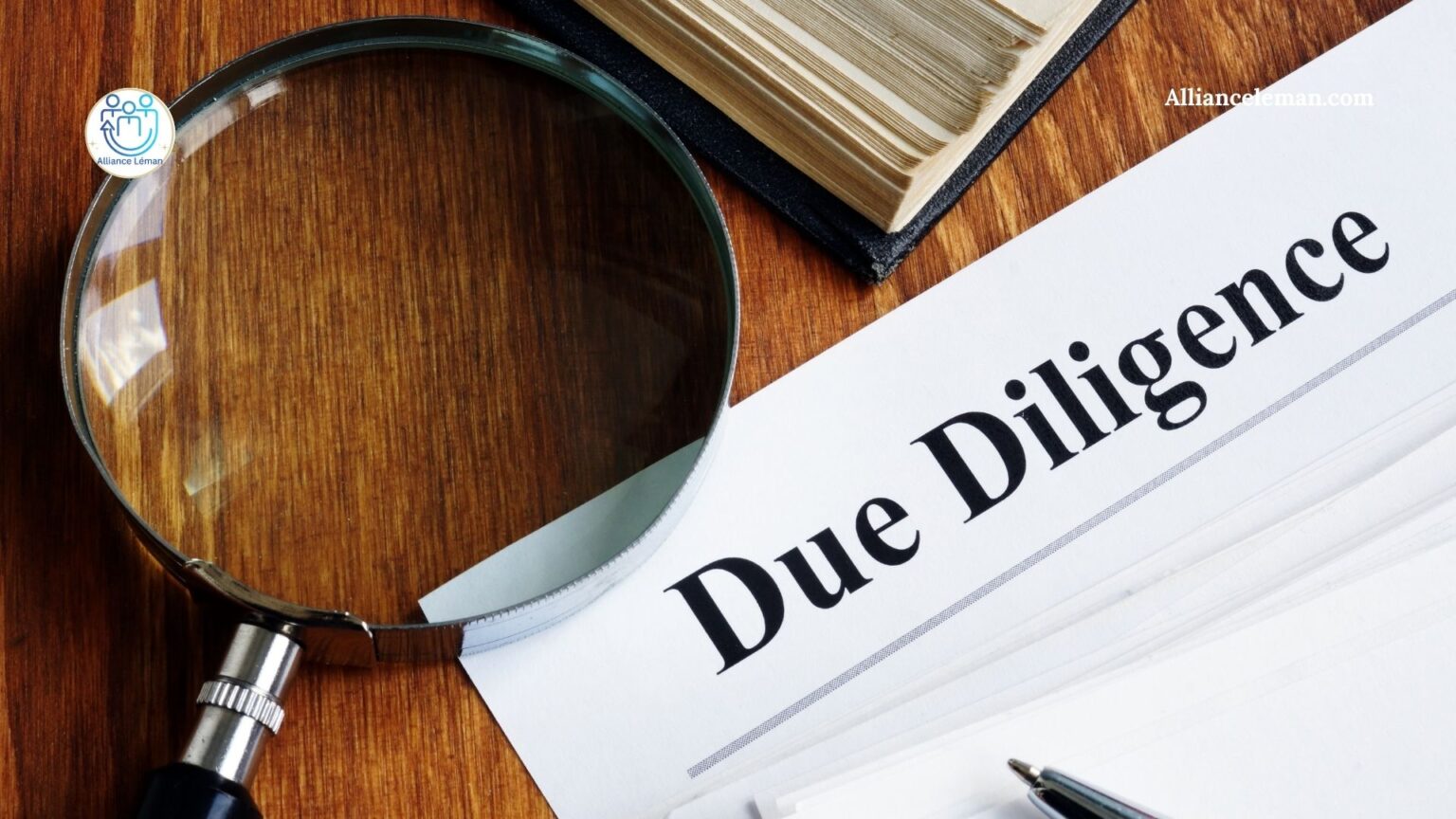
Key steps for final due diligence before buying a business
Author
-

Fatemeh is a business strategy and M&A professional, with +5 years of international experience in heavy industry, and the financial & consulting industries- Her educational background is in Industrial Engineering & International Commerce
View all posts
Congratulations! If you’ve completed financial due diligence, you’ve reached the final step in your business acquisition journey. This is the eighth and final article in our “What to Consider Before Buying a Business” series. As we explored in Part 1: Strategic Foundations, Part 2: Market Analysis, Part 3: Build vs. Buy, Part 4: Defining Target Criteria, Part 5: Target Pipeline Buildup, Part 6: Initial Strategic Filtering by Commercial Due Diligence, and Part 7: Financial Due Diligence, you’ve laid the groundwork for a strategic and well-informed decision. Now, it’s time for final due diligence—the comprehensive, last-step review of the business before closing the deal.
Think of final due diligence as the ultimate inspection of a house you’re about to buy. At this stage, you’ll ensure there are no hidden issues, validate that the business meets your expectations, and confirm its readiness for long-term success. Skipping or rushing this process could lead to costly surprises, but a thorough approach allows you to finalize the acquisition with confidence.
Key areas to address during final due diligence
A successful final due diligence involves an in-depth review of legal, operational, technological, and market aspects of the business. Let’s explore these critical areas in detail:
1. Legal due diligence: uncovering potential risks
A deep dive into the legal structure of the business ensures you’re aware of any liabilities or legal challenges that could arise post-acquisition.
Key areas to assess:
- Contracts: Review agreements with suppliers, employees, and customers. Look for exclusivity clauses, non-compete agreements, or unfavorable terms that could restrict future operations.
- Licenses and permits: Verify that all necessary licenses are valid and transferable. Missing licenses could delay operations.
- Litigation risks: Investigate any ongoing or potential legal disputes to understand their financial and reputational implications.
Example: A manufacturing company with an unresolved supplier dispute could face lawsuits or disruptions in the supply chain, increasing your risks as the new owner.
2. Operational due diligence: understanding day-to-day functions
This phase evaluates how the business operates daily, ensuring its systems, workflows, and management structure are efficient and scalable.
Key areas to evaluate:
- Processes and workflows: Are they efficient and well-documented? Inefficient processes could hinder growth.
- Staffing and management: Identify key employees and assess if the business relies too heavily on specific individuals.
- Supply chain: Ensure supplier relationships are reliable and that backup plans are in place for potential disruptions.
Example: A retail chain with outdated inventory management systems may face inefficiencies in restocking, leading to lost sales and dissatisfied customers.
3. Technology and IT due diligence: ensuring security and growth readiness
Technology plays a critical role in modern businesses, making it essential to assess IT systems and infrastructure during final due diligence.
Key areas to review:
- Cybersecurity: Are systems protected against data breaches and hacking attempts?
- Software licenses: Confirm that all software is properly licensed and identify any hidden renewal costs.
- Scalability: Ensure IT infrastructure can support future growth without requiring significant upgrades.
Example: A tech startup with outdated cybersecurity protocols may be at risk of data breaches, which could harm its reputation and finances.
4. Health, safety, and environmental (HSE) compliance: safeguarding people and the planet
HSE compliance ensures the business meets regulatory standards for employee safety, environmental protection, and industry-specific health measures.
Key areas to check:
- HSE policies: Are policies in place to protect employees and the environment?
- Regulatory compliance: Investigate unresolved violations or fines that could become your responsibility post-acquisition.
Example: A factory with unresolved environmental violations may face regulatory penalties, requiring costly upgrades to bring it into compliance.
5. Customer and market insights: evaluating stability and reputation
Understanding the business’s customer base and market dynamics is crucial for assessing its growth potential and long-term sustainability.
Key areas to assess:
- Customer retention: Is the customer base loyal, or does the business experience high churn?
- Market trends: How well does the business adapt to industry changes and megatrends?
- Brand reputation: Analyze online reviews, customer complaints, and feedback to gauge public perception.
Example: A hospitality business with consistently poor online reviews may face difficulties in attracting repeat customers, impacting revenue growth.
Tools and resources for final due diligence
To ensure a thorough review, use these tools and strategies during final due diligence:
- Comprehensive checklists: Detailed templates can help you address all critical areas systematically.
- Expert consultants: Engage industry specialists, lawyers, and IT experts for niche insights.
- Customer feedback surveys: Conduct interviews or surveys to gain firsthand insights into customer loyalty and satisfaction.
Common red flags to watch for
During final due diligence, be on the lookout for these red flags that could signal potential challenges:
- Over-reliance on key individuals: If the business relies too heavily on one person, their departure could jeopardize operations.
- Hidden legal liabilities: Lawsuits, regulatory violations, or non-compliant contracts can lead to unexpected costs.
- Outdated systems: Obsolete IT infrastructure or processes may require costly upgrades post-acquisition.
Example: A service business relying on a single key client for 60% of its revenue could face significant risks if that client leaves.
Conclusion: Final due diligence in the acquisition process
Final due diligence is the last and most comprehensive step in the business acquisition process. By thoroughly evaluating legal, operational, technological, and market aspects, you ensure the business aligns with your strategic goals and is ready for long-term success. Skipping this phase could lead to unforeseen challenges, but completing it allows you to proceed with confidence.
This eighth article concludes our “What to Consider Before Buying a Business” series:
- In Part 1, we established strategic foundations for business acquisition.
- In Part 2, we explored how to select the best markets.
- In Part 3, we evaluated whether to build or buy a business.
- In Part 4, we defined target criteria to guide your acquisition strategy.
- In Part 5, we guided you on ways to build a strong target pipeline.
- In Part 6, we showed you how to do an initial strategic filtering by doing commercial due diligence.
- In Part 7, we gave you keys to do a financial due diligence/ financial evaluation on your acquisition targets.
- In Part 8, we completed a final due diligence and got ready to close the deal!
With final due diligence complete, you are fully equipped to finalize your acquisition and embark on your entrepreneurial journey. Stay tuned for our upcoming articles about mergers and acquisitions and buying a business as an immigrant/expat.

